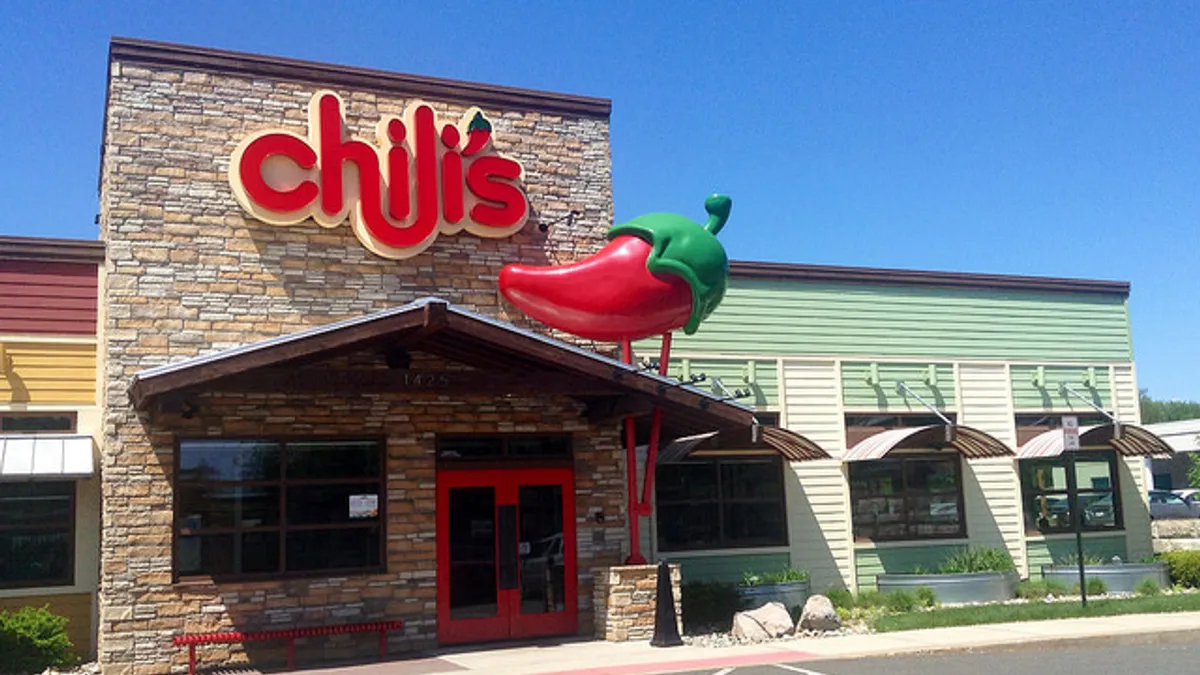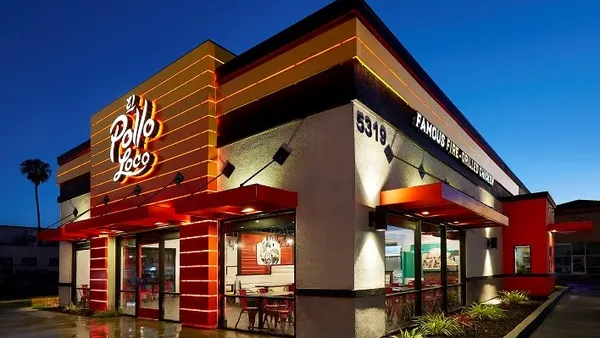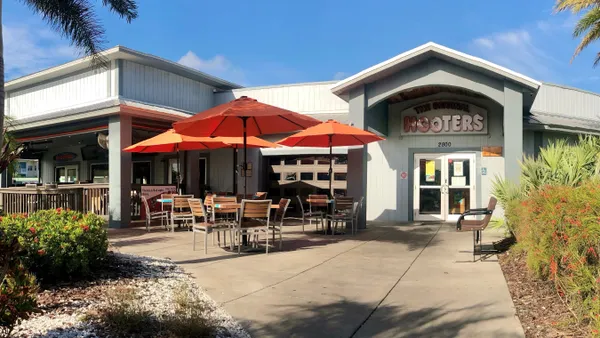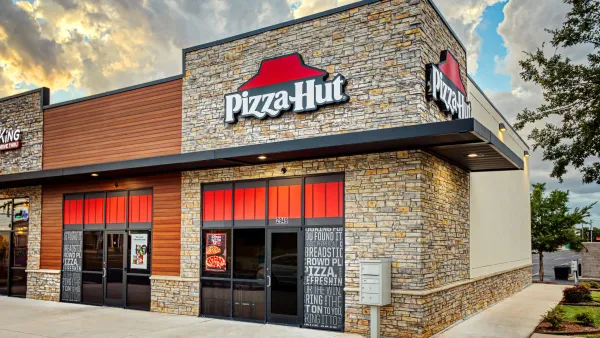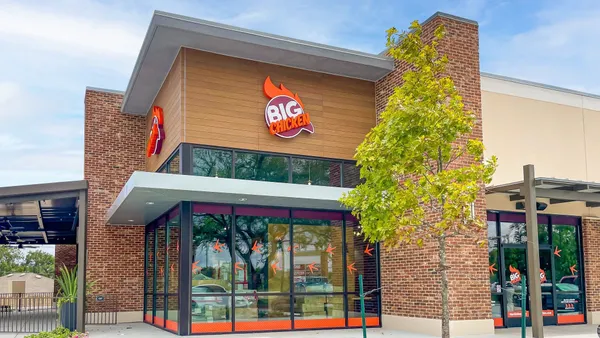Dive Brief:
- Brinker International plans to acquire 116 Chili’s restaurants from Louisville, Kentucky-based ERJ Dining, its franchisee of 14 years.
- According to a press release, the restaurants are primarily located in the Midwest and generate approximately $300 million of revenue a year.
- CFO Joe Taylor said in a statement that the acquisition provides an opportunity to further invest in the brand, scale up and increase cash flow.
Dive Insight:
While many restaurant companies — from Denny’s to Del Taco to Dunkin’ — are focused on refranchising efforts to reduce capital expenditures and generate a greater return on equity, Brinker is taking an opposite (and rather rare) approach here.
Other chains have acquired franchised restaurants before, but usually when a franchisee is in dire shape or is in a dispute with the parent company. Applebee’s, for example, acquired 69 restaurants from a franchisee last year while resolving a legal dispute. Now, however, all signs show that Brinker is doing well. Net income from its most recent quarter was up more than 6%, while Chili’s same-store sales at company-owned restaurants were up 2.9%, compared to a 2% sales increase at franchised stores.
A few things could be at play for Brinker with this strategy. For starters, the company has more control with the restaurants it owns, which can reduce risks and allow the company to be more nimble to test new items, designs or technologies. Further, the company gets to keep all the profits to reinvest in the brand, a major incentive to be sure. To Taylor’s point, the company expects the acquisition (which is more than 7% of the Chili’s 1,623-unit system) will provide a $300 million influx in revenues, a big percentage of which will translate into cash flow for the company.
Still, the path to growth typically goes through franchisees who supply the upfront capital and are motivated to succeed. But investors may be more attracted to a company-owned strategy, as it proves the company has motivation as well.
There are plenty of success stories when it comes to company-owned or majority company-owned brands, with Starbucks and Chipotle among them. When Panera increased its company-owned footprint, revenues jumped more than 7%. These chains are also insulated from franchise issues like those McDonald’s, Subway, Jack in the Box and others have navigated in the past year.
Notably, it's a challenging environment for franchisees. Labor pressures combined with increased demands to invest in technology and asset improvements are squeezing their already-thin margins. With a many CFOs predicting an impending recession, the waters don’t look to be smoothing anytime soon. With this latest move, Brinker could simply be focused on protecting its brand from any such downturn.


